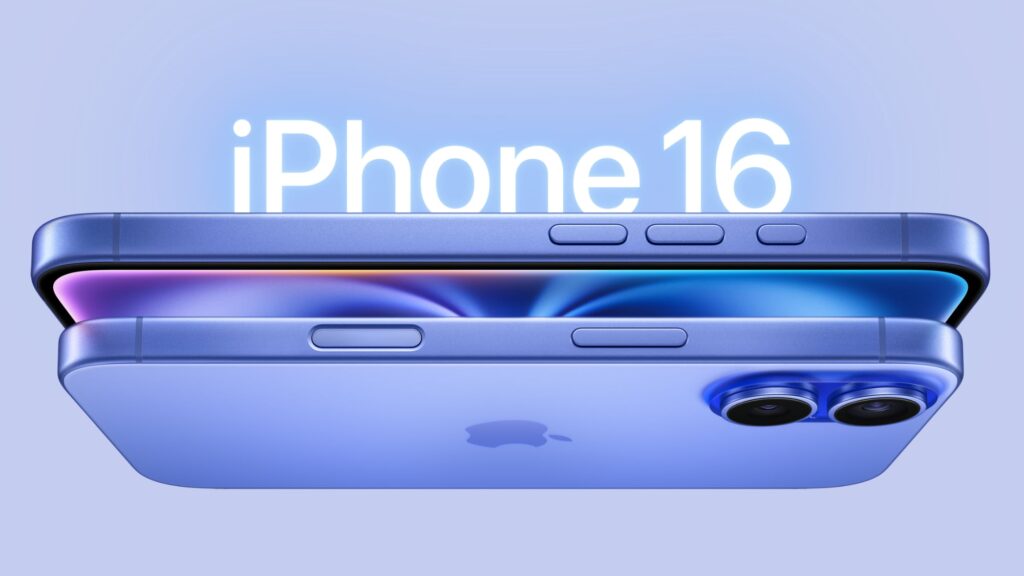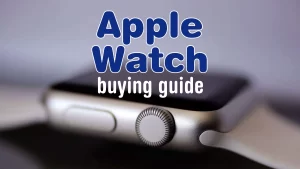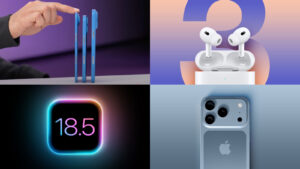Apple Makes iPhone 16 Batteries Easier to Replace to Comply With EU Law

Apple’s internal design changes that improve thermal regulation in the iPhone 16 models also have the added benefit of making the battery easier to access for service, a feature that will help Apple comply with European regulations.
In its press release for the iPhone 16, Apple confirms that the new internal design better dissipates heat while also making battery service easier.The internal design of iPhone 16 and iPhone 16 Plus has been reengineered to allow for an even larger battery and to better dissipate heat, while making battery service easier.Earlier this year, a report from The Information suggested that Apple would introduce a new battery replacement method in the iPhone 16 models as required by a new European law. The EU is requiring smartphone manufacturers to make sure batteries can be replaced by users with easily accessible tools by June 2025.
We’ll need to wait for a teardown to confirm other battery changes, but The Information‘s report also said that Apple would use a different type of adhesive that’s easier to remove. Apple typically uses adhesive strips to hold the battery in place, and the adhesive is tough to deal with. The new method could involve an electrically induced adhesive debonding technology.
Using low voltage electricity to remove a battery would require a battery encased in metal, and images of an alleged iPhone 16 battery with a metal casing leaked late last year. Metal around the battery has the added benefit of improving thermal regulation. These internal battery changes will be able to be confirmed after the iPhone 16 models are released.
Apple’s mention of an easier to service battery is only in the iPhone 16 press release, and not in the press release for the iPhone 16 Pro, so it is not clear if all models have the same battery-related changes. Apple did, however, change the thermal design in both models, with the changes described during the keynote event.
For the iPhone 16:We updated the main logic board, centralizing the chip placement and optimizing the surrounding architecture. We also added a thermal substructure to dissipate heat made from 100 percent recycled aluminum. As a result, the iPhone 16 delivers up to 30 percent higher sustained performance for gaming.
For the iPhone 16 Pro:
iPhone 16 Pro maximizes thermal capacity with a new machined chassis made from 100 percent recycled aluminum, which is bonded to the titanium frame using solid state diffusion. It’s combined with a graphite clad aluminum substructure, creating an innovative architecture that enables up to 20 percent improvement in sustained performance. This is crucial for efficiently running advanced on device features like Apple Intelligence and high-performance gaming.
On the iPhone 16 Pro product page, Apple also says that it made “back glass optimizations” for further heat dissipation. Apple’s iPhone 16 page doesn’t add much, but says that there’s a new internal design for improved heat dissipation.
It is worth noting that the EU law has some exemptions that might be relevant to Apple. Devices with an IP67 water and dust resistance rating that retain 83 percent battery capacity after 500 full charges and 80 percent after 1000 charges do not need to have easily replaceable batteries. Apple’s iPhone 15 models meet the criteria for 1,000 charges, and it is likely the iPhone 16 models do as well, but Apple has not provided data on the 500 charge requirement. It is worth noting that there are still some requirements that Apple needs to meet even if its iPhones comply with these exemptions.
The EU’s battery requirements for smartphones in general:
Fasteners shall be supplied or reusable.
The process for replacement shall be feasible with no tool, or a set of tools that is supplied with the product or spare part, or basic tools.
The process for replacement shall be able to be carried out in a use environment.
The process for replacement shall be able to be carried out by a layman.
The EU’s battery requirements for smartphones that meet its exemption criteria:
Fasteners shall be removable, resupplied, or reusable.
The process for replacement shall be feasible with no tool, basic tools, a set of tools supplied with the product or spare part, or commercially available tools.
The process for replacement shall be able to be carried out in a workshop environment.
The process for replacement shall be able to be carried out by a generalist.
The new iPhone 16 models are set to be available for pre-order this Friday at 5:00 a.m. Pacific Time, with a launch to follow on Friday, September 20.
This article, “Apple Makes iPhone 16 Batteries Easier to Replace to Comply With EU Law” first appeared on MacRumors.com
Discuss this article in our forums




